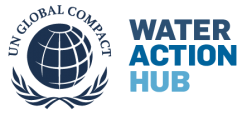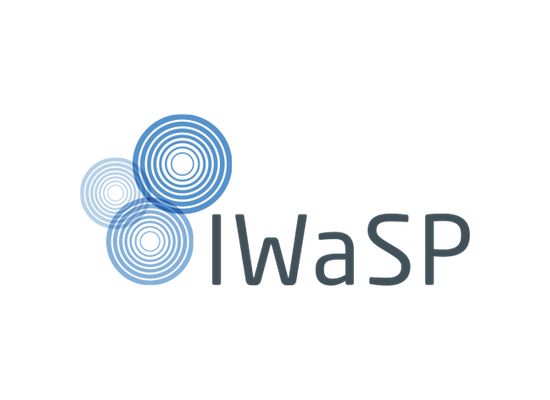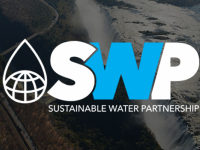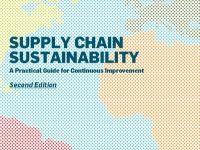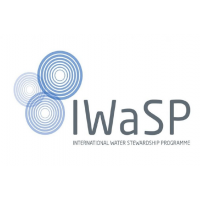Detailed Description
The Imarisha Naivasha Water Stewardship Programme wanted to improve the water availability for communities and businesses in the Lake Naivasha Basin and to improve the water quality by implementing soil and water conservation activities and community water projects. The partners agreed upon supporting a project in every Water Resources Users Associations (WRUA), to create awareness about water risks in the whole basin and to avoid conflicts amongst the WRUAs by not favoring only some of them.
One of the WRUAs proposed the construction of a water intake, a storage tank, and distribution lines. After designing the project and selecting the construction company, the supervising consultant wanted to prepare the construction site. While doing so, an excited group of people approached him, expressing their anger. The group consisted of representatives of the community downstream of the planned project; they had never been involved in the planning process and now faced having their water supply cut off.
The partnership immediately put the planned construction on hold. It appeared that an existing conflict within the community, although part of the same WRUA, re-emerged angrily due to the planned project. Mediation processes started.
The two most important lessons and results:
– The partners changed the identification and selection procedures: WRUAs need to show evidence of a broader consultative process within the communities in the area and propose several projects in writing. The partners must do a more thorough pre-feasibility study by visiting the WRUAs and communities, interacting with more stakeholders and local leaders, and physically checking the proposed sites.
– Strengthening the WRUAs as local water resources institutions helps them get more attention in current and future partnerships. WWF, WRMA, the Water Integrity Network, and IWaSP developed a self-assessment tool to aid this endeavor. Based on the outcomes of the assessment, tailor-made training modules were conducted with a focus on “Good Governance” and “Communication” (including representation of communities in the catchment), elements that are crucial in conflict management within the WRUA.
